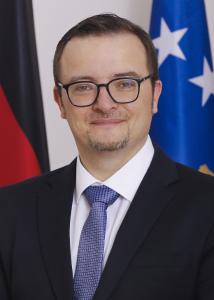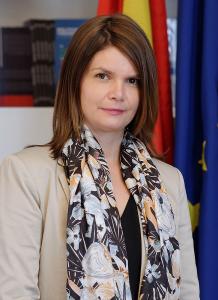Modern human life without secure energy supplies has been virtually impossible since nearly a century, and hardly any place on earth can do without it. Nevertheless, our way of generating energy for power and mobility has led to considerable challenges with regard to the climate, since burning fossil fuels produces climate-damaging CO2, and its extraction and transport also include many environmental risks. For many countries like Germany, in particular, nuclear power is not an alternative, due to the Chernobyl and Fukushima disasters and unclear final storage issues.
The initiated path of energy transformation towards renewables is already being actively shaped in many regions of the world. The EU, for its part, launched the New Green Deal, a transformation package worth trillions, while at the same time increasing CO2 taxation in order to accelerate the transformation of society as a whole in the EU member states. The Russian invasion of Ukraine on 24 February 2002 now confronts almost all countries of the world that do not have own energy resources with dramatic problems caused by hardly expected price jumps on the energy markets. The temporary use of Russian gas, a fossil fuel causing fewer environmental problems, which had been envisioned by Germany, among others, is now in question, as is the original roadmap for the energy transformation. Prolonging the lifespans of coal-fired power plants, postponing the nuclear phaseout and even new construction projects can be observed in Europe. Even Germany's new federal government, which had a very ambitious start with regard to energy and environmental issues, had to adjust and scale back its goals. Should the Russian aggression continue, further adaptions will be necessary, which could set back the so-called energy transition and require previously unimaginable measures.
Therefore, one of the most important measures in view of the past months' energy policy distortions is to save energy by making consumption as well as energy behaviour more efficient, without completely neglecting urgent environmental issues. For the Western Balkan countries, this is a huge challenge. On the one hand, energy generation is still based on outdated, inefficient and highly polluting coal-fired power plants, and many people with low incomes burn toxic materials, leading to air pollution levels being measured at record highs in the capital cities of the region, which is extremely harmful to health. On the other hand, increasing energy prices for the countries of the region leave little space for adjustments, since their financial resources are extremely limited. Moreover, as the EU's "extended work benches" and exporters, the Western Balkans also have to implement CO2 pricing, which affects competitiveness as well as incomes. However, the situation is not hopeless, for there is much potential for renewable energies, energy efficiency and regional cooperation, but the EU must also be a partner here. To this goal, more effort and good governance are required on the part of the political elites, while citizens have to change their awareness, for all too often they do not use energy carefully, even though prices are increasing.
In the special issue at hand, we discuss these current matters in order to contribute to the global debate on the number-one topic of the future.
I hope you will enjoy this issue of Politicka Misla.
Yours,
Daniel Braun




